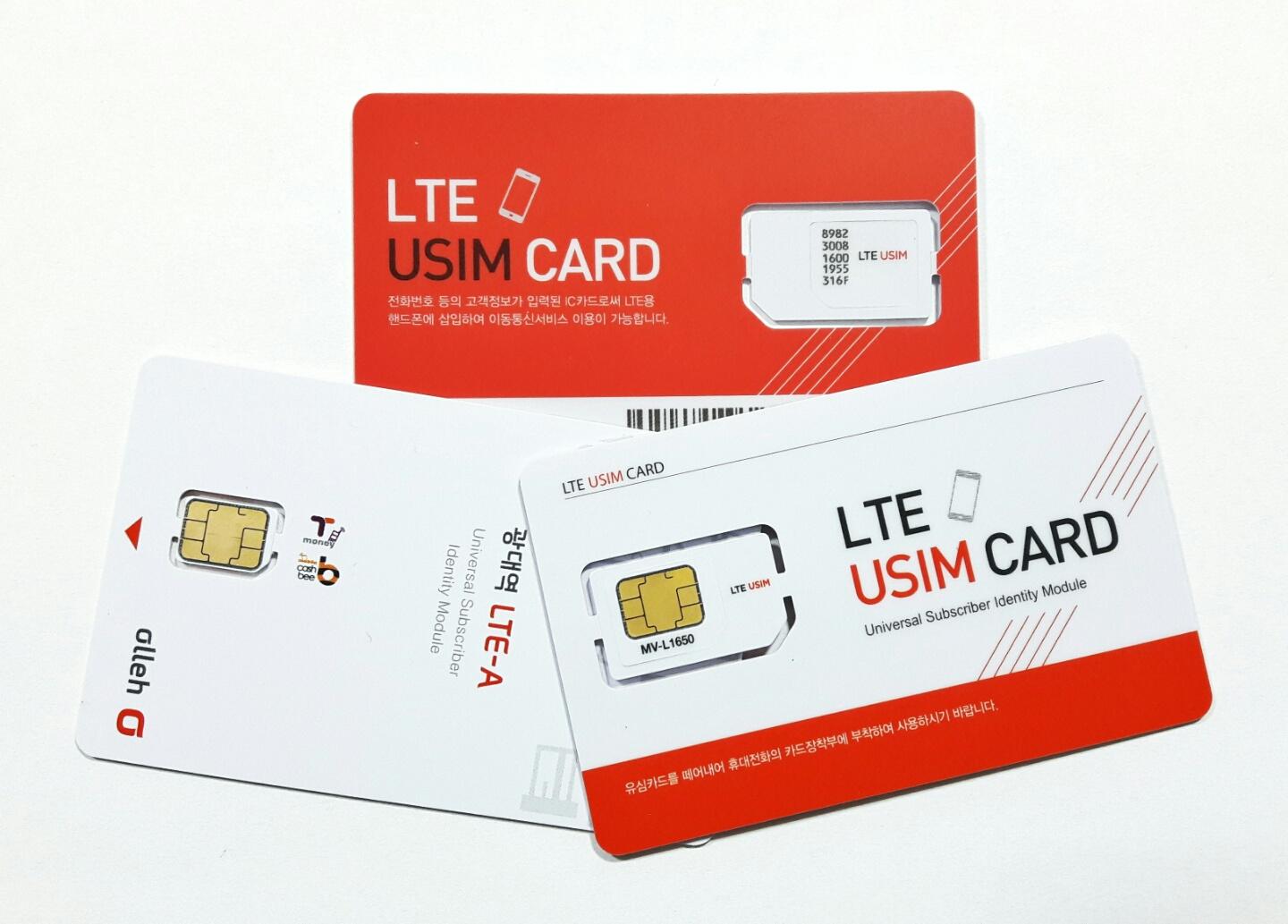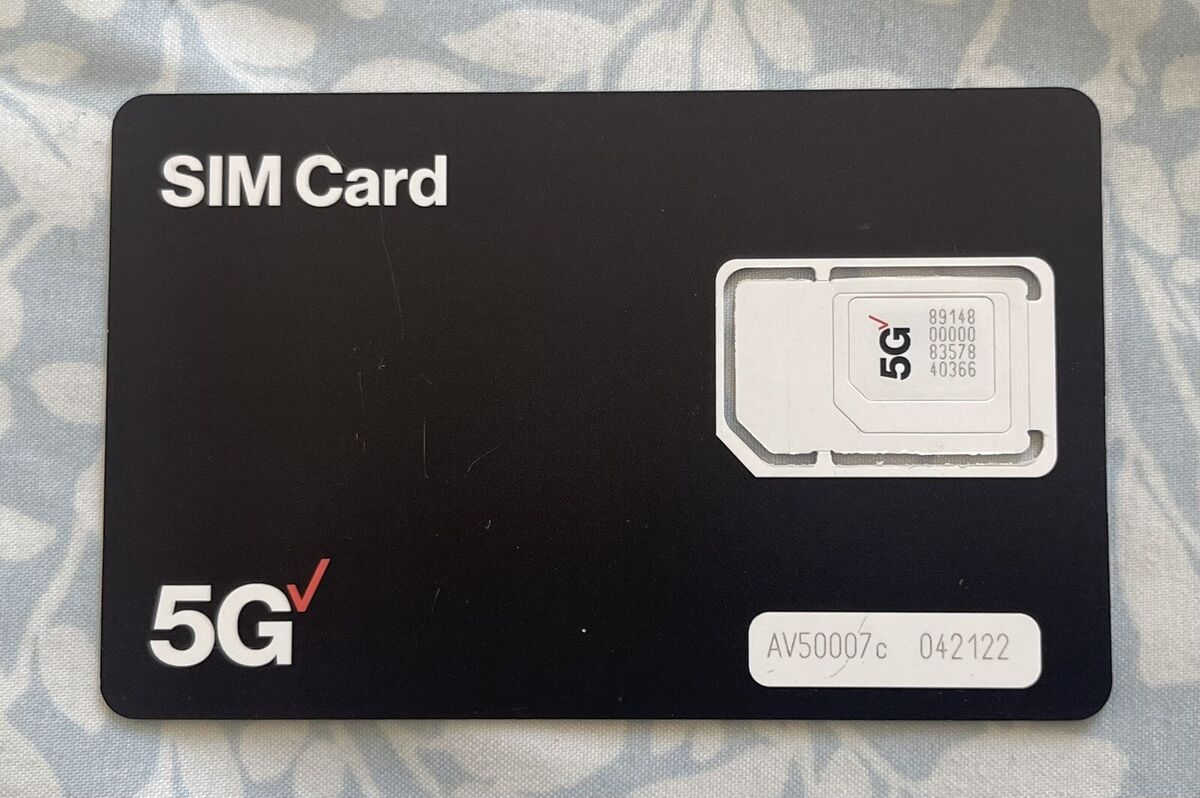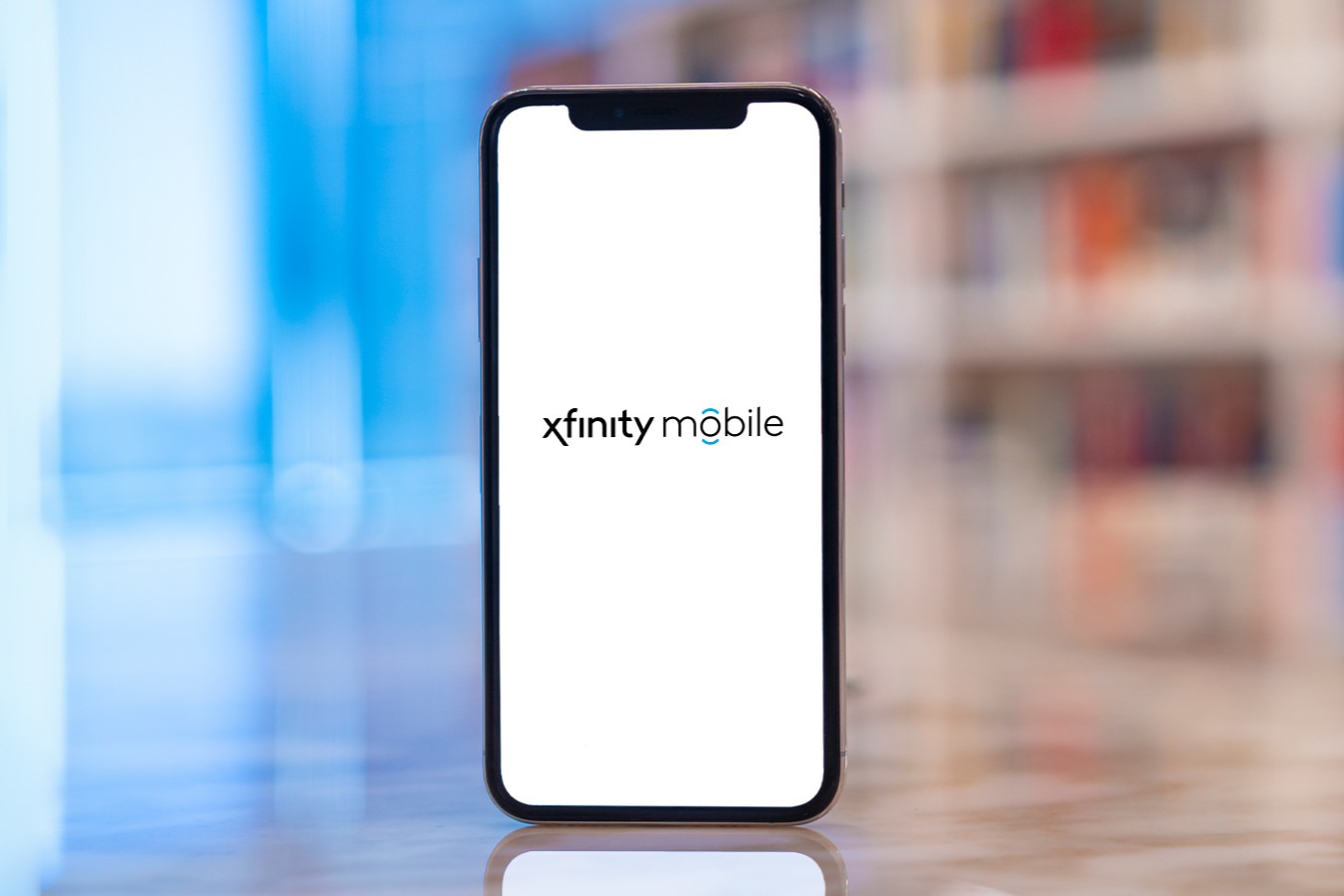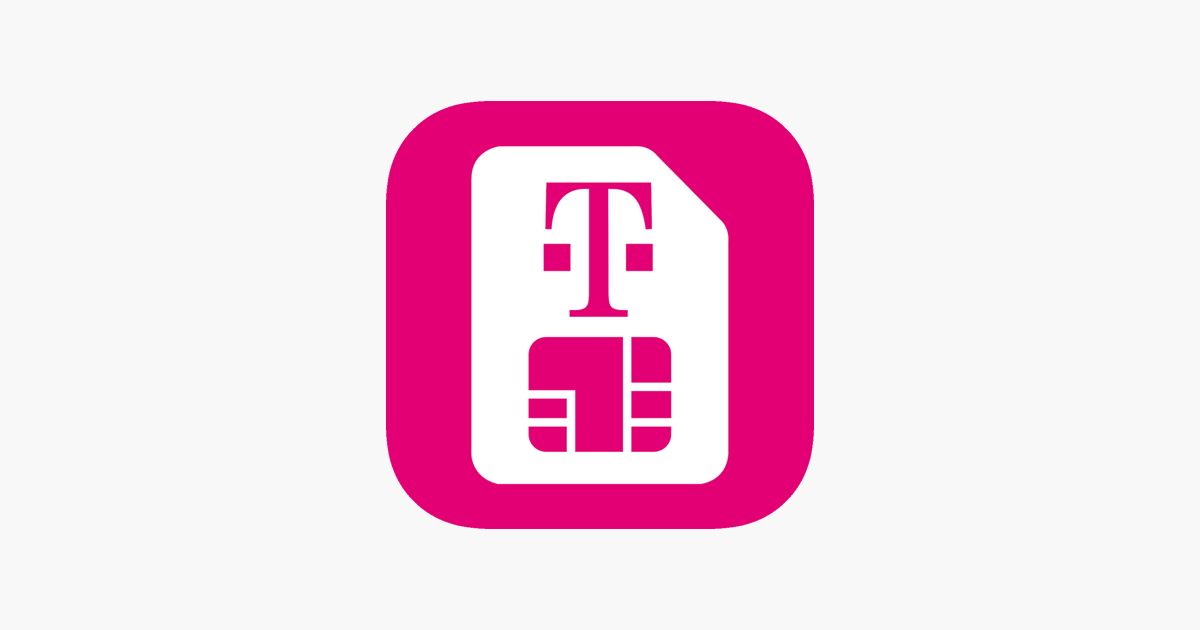Introduction
When traveling to South Korea, one of the essential items for staying connected is a SIM card for your mobile device. Whether you're planning a short visit or an extended stay, having a local SIM card can provide you with the convenience of using your smartphone for navigation, communication, and accessing essential services. In this comprehensive guide, we will delve into the process of obtaining a SIM card in Korea, exploring the various types available, where to purchase them, the activation process, and useful tips for seamless usage.
Having a reliable mobile connection is crucial for navigating the bustling streets of Seoul, exploring the serene landscapes of Jeju Island, or simply staying in touch with friends and family back home. With the rapid advancements in technology and the widespread use of mobile devices, understanding the intricacies of obtaining and using a SIM card in Korea is paramount for a smooth and enjoyable travel experience.
As we embark on this journey, we will unravel the intricacies of the Korean telecom system, shedding light on the different types of SIM cards available, and equipping you with practical insights to streamline the process of obtaining and activating a SIM card. Whether you're a tech-savvy traveler or someone venturing into the world of international connectivity for the first time, this guide aims to demystify the complexities and empower you with the knowledge to make informed decisions when acquiring a SIM card in Korea.
Join us as we navigate through the vibrant tapestry of South Korea's mobile communication landscape, uncovering the nuances of obtaining a SIM card and embracing the seamless connectivity it offers. Let's embark on this enriching exploration, where the convergence of technology and travel opens doors to new experiences and connections.
Understanding the Korean Telecom System
In South Korea, the telecom system is renowned for its advanced infrastructure and widespread connectivity, reflecting the nation's status as a global technology leader. The country boasts a highly developed telecommunications network, offering exceptional coverage and high-speed data services. The three major telecom operators in Korea, commonly referred to as the "big three," are SK Telecom, KT Corporation, and LG Uplus. These companies have established a robust presence, providing a wide range of telecommunications services, including mobile voice, messaging, and data.
South Korea's telecom system is characterized by its cutting-edge technology and efficient network architecture. The nation has achieved remarkable milestones in the realm of telecommunications, with a strong emphasis on innovation and seamless connectivity. The extensive 4G LTE and emerging 5G networks ensure that users experience rapid data speeds and reliable coverage across urban and rural areas.
The prevalence of prepaid and postpaid services in the Korean telecom market caters to diverse consumer preferences. Prepaid SIM cards are particularly popular among travelers and short-term visitors, offering the flexibility of pay-as-you-go plans without the commitment of a long-term contract. These prepaid options are widely available and can be conveniently purchased at various retail outlets, including convenience stores, airports, and dedicated telecom shops.
Furthermore, South Korea's telecom landscape is marked by a culture of technological advancement and digital integration. The widespread adoption of mobile devices and the seamless integration of telecommunications services into everyday life underscore the nation's commitment to connectivity and convenience. This pervasive digital ecosystem aligns with South Korea's reputation as a tech-savvy society, where cutting-edge innovations and digital solutions are seamlessly woven into the fabric of daily life.
As we delve into the intricacies of the Korean telecom system, it becomes evident that the nation's commitment to technological excellence and connectivity has established a solid foundation for mobile communications. The seamless convergence of advanced networks, diverse service offerings, and a tech-forward culture underscores the significance of understanding the telecom landscape when obtaining a SIM card in South Korea. This understanding sets the stage for a seamless and enriching experience, ensuring that travelers can harness the power of connectivity as they explore the dynamic landscapes and cultural tapestries of South Korea.
Types of SIM Cards Available in Korea
When it comes to obtaining a SIM card in South Korea, travelers have access to a diverse array of options tailored to their specific needs and usage patterns. Understanding the types of SIM cards available is essential for making an informed decision that aligns with individual preferences and travel requirements. Let's explore the various categories of SIM cards offered in the Korean market:
1. Prepaid SIM Cards:
Prepaid SIM cards are a popular choice for travelers seeking flexibility and control over their mobile expenses. These cards come with preloaded credit for voice calls, text messages, and data usage. With varying validity periods and data allowances, prepaid SIM cards cater to short-term visitors and offer the convenience of pay-as-you-go plans without the commitment of a long-term contract.
2. Data-Only SIM Cards:
Designed for users who primarily require data connectivity, data-only SIM cards provide high-speed internet access without voice call or text messaging capabilities. These SIM cards are well-suited for travelers who rely on messaging apps and internet-based communication platforms for staying connected. They are ideal for individuals who prioritize seamless access to online services and applications during their stay in South Korea.
3. Visitor SIM Cards:
Tailored specifically for tourists and short-term visitors, visitor SIM cards offer bundled services that encompass voice, text, and data allowances. These comprehensive packages are crafted to meet the communication needs of travelers, providing a hassle-free solution for staying connected while exploring South Korea's vibrant attractions and cultural landmarks.
4. Long-Term SIM Cards:
For individuals planning an extended stay in South Korea, long-term SIM cards present an attractive option. These cards offer extended validity periods and generous data allocations, catering to the connectivity requirements of expatriates, students, and long-term visitors. Long-term SIM cards often come with additional perks, such as discounted rates and value-added services.
5. Unlimited Data SIM Cards:
Ideal for users with high data consumption needs, unlimited data SIM cards provide unrestricted access to data services without worrying about exceeding usage limits. These SIM cards are well-suited for individuals who heavily rely on data-intensive applications, streaming services, and online content consumption during their time in South Korea.
Understanding the nuances of each SIM card category enables travelers to pinpoint the most suitable option based on their communication preferences, data requirements, and the duration of their stay. Whether it's the flexibility of prepaid plans, the comprehensive offerings of visitor SIM cards, or the extended benefits of long-term options, the diverse range of SIM cards available in South Korea ensures that travelers can seamlessly integrate connectivity into their travel experiences.
Where to Purchase a SIM Card in Korea
When it comes to purchasing a SIM card in South Korea, travelers have a multitude of convenient options available, ensuring accessibility and ease of acquisition. The diverse range of retail outlets and distribution channels caters to the varying needs of visitors, offering seamless access to SIM cards across different locations. Here are the key avenues for purchasing a SIM card in Korea:
-
Airport Kiosks and Counters: Upon arrival at major international airports such as Incheon International Airport and Gimpo International Airport, travelers can conveniently purchase SIM cards from dedicated kiosks and counters located within the terminals. These outlets provide a hassle-free option for acquiring a SIM card immediately upon arrival, ensuring that visitors can stay connected from the moment they set foot in South Korea.
-
Telecom Provider Stores: The official stores and outlets of major telecom operators, including SK Telecom, KT Corporation, and LG Uplus, serve as prime destinations for purchasing SIM cards. These provider stores are scattered across prominent urban centers, shopping districts, and transportation hubs, offering a comprehensive range of SIM card options along with expert guidance and support from trained staff.
-
Convenience Stores: South Korea's ubiquitous convenience stores, such as GS25, CU, and 7-Eleven, serve as convenient hubs for purchasing SIM cards. These stores often feature dedicated sections or counters where travelers can browse through a selection of SIM card offerings and make their purchase alongside other travel essentials.
-
Online Platforms and E-commerce Websites: The digital landscape in South Korea provides ample opportunities for purchasing SIM cards through online platforms and e-commerce websites. Travelers can explore a variety of SIM card options, compare packages, and make their purchase conveniently from the comfort of their accommodation or while on the go, with the added advantage of doorstep delivery in some cases.
-
Authorized Retail Partners: A network of authorized retail partners and resellers extends the availability of SIM cards to diverse locations, including tourist information centers, hotels, and travel agencies. These partners collaborate with telecom operators to offer SIM cards, ensuring widespread accessibility for travelers across different touchpoints in South Korea.
By leveraging these accessible channels, travelers can effortlessly procure a SIM card that aligns with their communication needs and travel itinerary. The widespread availability of SIM cards across airports, retail outlets, convenience stores, and online platforms reflects South Korea's commitment to providing seamless connectivity solutions for visitors, fostering a travel experience enriched by the power of mobile communication.
Activation Process for a SIM Card in Korea
Upon acquiring a SIM card in South Korea, the activation process is a pivotal step that enables travelers to harness the full potential of their mobile connectivity. Understanding the activation procedure is essential for seamlessly integrating the SIM card into the device and initiating communication services. The activation process typically involves the following steps:
-
SIM Card Registration: Before initiating the activation process, travelers are required to register their SIM card with the respective telecom operator. This registration can often be completed at the point of purchase or through an online portal, providing essential details such as personal identification and contact information.
-
Insertion and Configuration: Once the SIM card is registered, travelers can insert it into their mobile device, following the device-specific instructions for SIM card installation. Upon insertion, the device may prompt for configuration settings, including network selection and APN (Access Point Name) setup for data connectivity.
-
Network Registration: After inserting the SIM card, the device initiates the process of network registration, where it establishes a connection with the designated telecom operator's network. This step is crucial for enabling voice, text, and data services associated with the SIM card.
-
Service Activation: Depending on the type of SIM card and the bundled services, travelers may need to activate specific features such as data plans, voice call allowances, and international roaming services. This can often be done through the telecom operator's self-service mobile app, online portal, or by contacting customer support.
-
Verification and Confirmation: Upon completing the activation steps, travelers should verify the successful activation of their SIM card by checking for network signal, data connectivity, and the ability to make and receive calls. This verification ensures that the SIM card is fully operational and ready for use.
-
Balance Check and Top-Up (if applicable): For prepaid SIM cards, travelers may need to check their balance and top up credit for voice calls, text messages, and data usage. This can be conveniently done through the telecom operator's designated channels, including mobile apps, online portals, and retail outlets.
By following these steps, travelers can seamlessly activate their SIM card, unlocking the potential for uninterrupted communication and connectivity during their time in South Korea. The activation process is designed to streamline the integration of the SIM card into the mobile device, ensuring that travelers can leverage the full spectrum of services and features offered by the telecom operator.
This activation process underscores the commitment to providing a user-friendly and accessible mobile experience for travelers, aligning with South Korea's reputation for technological innovation and seamless connectivity solutions. As travelers embark on their journeys through the vibrant streets of Seoul, the tranquil landscapes of Jeju Island, or the cultural enclaves across the nation, the activated SIM card becomes a gateway to seamless communication and enriched travel experiences.
Useful Tips for Using a SIM Card in Korea
-
Understanding Network Coverage: Before venturing into remote or rural areas, it's advisable to familiarize yourself with the network coverage of your chosen telecom operator. While major urban centers boast robust coverage, some rural regions may have varying signal strengths. This knowledge helps in managing expectations and planning communication needs accordingly.
-
Data Usage Management: South Korea's high-speed data networks are conducive to extensive internet usage. However, it's prudent to monitor data consumption to avoid unexpected charges or depletion of data allowances. Utilizing Wi-Fi hotspots at cafes, accommodations, and public spaces can help conserve data for essential tasks.
-
International Roaming Considerations: For travelers planning to visit neighboring countries during their stay in South Korea, understanding the international roaming policies of their SIM card provider is crucial. Some SIM cards may offer international roaming services, while others may require additional arrangements for cross-border connectivity.
-
Language Support and Customer Service: Familiarizing yourself with the language options available for customer support and service inquiries can be beneficial. Many telecom operators offer multilingual support through their customer service channels and mobile apps, ensuring that travelers can seek assistance in their preferred language.
-
SIM Card Expiry and Renewal: For visitors on extended stays, keeping track of the SIM card's validity period and renewal options is essential. Understanding the renewal process, validity extensions, and top-up procedures ensures uninterrupted connectivity throughout the duration of your stay in South Korea.
-
Device Compatibility and APN Settings: Ensuring that your mobile device is compatible with the SIM card's network technology is imperative. Additionally, configuring the Access Point Name (APN) settings for data connectivity is essential for seamless internet access, especially for data-only SIM cards.
-
Local Apps and Services: Exploring local apps and services, such as transportation, translation, and navigation apps, can enhance the overall travel experience. Leveraging these digital resources can enrich your journey and facilitate seamless navigation and communication within South Korea.
-
Emergency Services and Contacts: Saving essential local emergency contacts and services, including police, medical assistance, and embassy contacts, can provide peace of mind during your travels. Ensuring that your SIM card allows emergency calls and messages is crucial for personal safety and security.
By incorporating these practical tips into your SIM card usage, you can optimize your mobile connectivity experience in South Korea, ensuring that communication, navigation, and digital interactions seamlessly complement your travel endeavors.
Conclusion
In conclusion, obtaining and utilizing a SIM card in South Korea is an integral aspect of modern travel, offering a gateway to seamless communication, digital connectivity, and enriched travel experiences. The comprehensive guide has illuminated the intricacies of the Korean telecom system, unveiled the diverse array of SIM card options available, and provided insights into the acquisition, activation, and optimal usage of SIM cards in South Korea.
As travelers immerse themselves in the dynamic landscapes, cultural marvels, and urban tapestries of South Korea, the power of mobile connectivity becomes a vital companion, enabling navigation, communication, and the seamless integration of digital resources into their travel endeavors. The advanced telecom infrastructure, widespread network coverage, and diverse SIM card options underscore South Korea's commitment to providing accessible and innovative connectivity solutions for visitors from around the globe.
From the bustling streets of Seoul to the serene expanses of Jeju Island, the activated SIM card becomes a conduit for forging connections, capturing memories, and staying informed about the myriad experiences that South Korea offers. The fusion of technology and travel converges in the form of a SIM card, transcending geographical boundaries and fostering a sense of connectedness in an ever-evolving digital landscape.
By understanding the nuances of SIM card acquisition, activation, and usage, travelers can navigate South Korea with confidence, leveraging the power of mobile communication to enrich their explorations, interactions, and cultural immersions. The seamless integration of SIM cards into the travel experience epitomizes the harmonious blend of technological innovation and human connectivity, underscoring the role of mobility and communication in shaping memorable and immersive travel experiences.
As travelers embark on their journeys, armed with the knowledge and insights from this comprehensive guide, they are poised to embrace the vibrancy of South Korea with the assurance of seamless connectivity, digital empowerment, and the enriching fusion of technology and travel. The SIM card, in its essence, becomes a conduit for bridging distances, transcending language barriers, and fostering a sense of belonging in a world where connectivity knows no bounds.

























